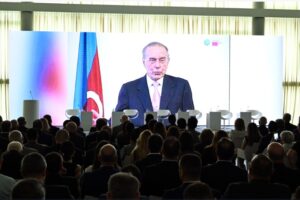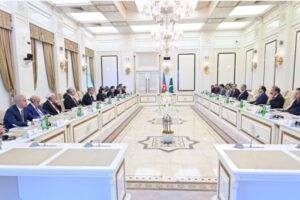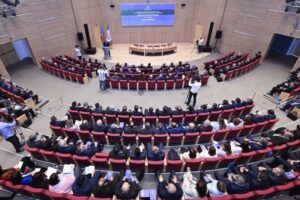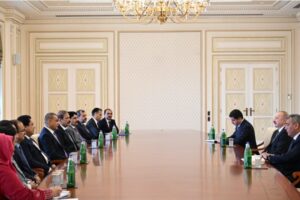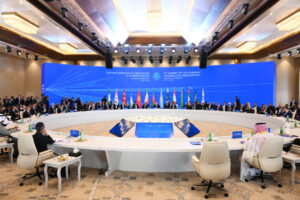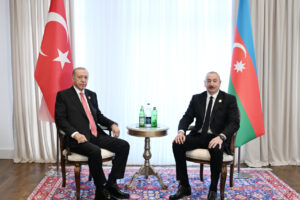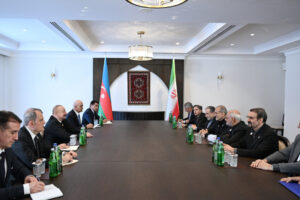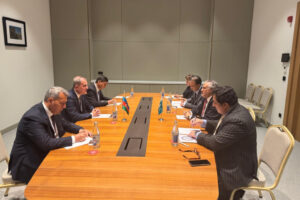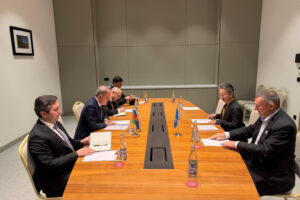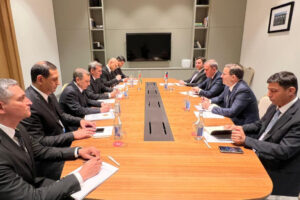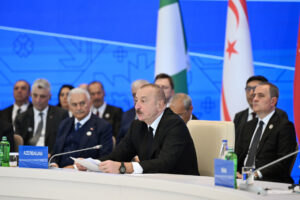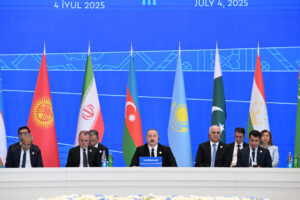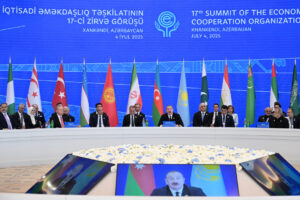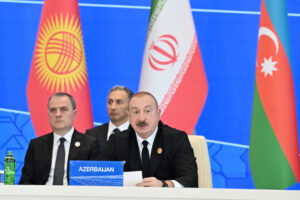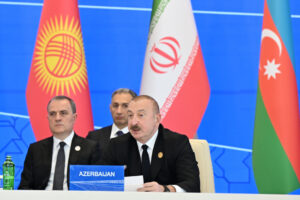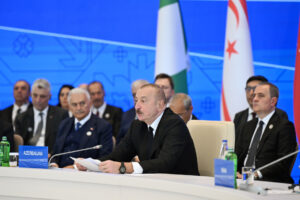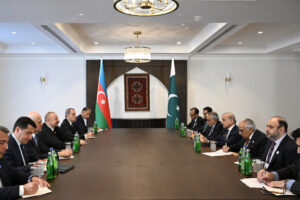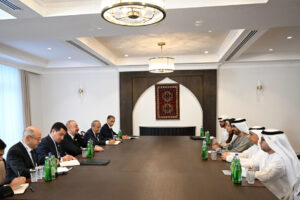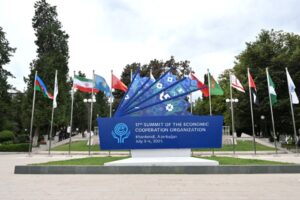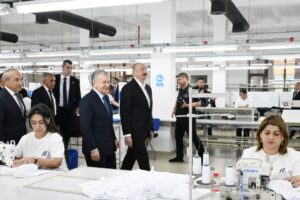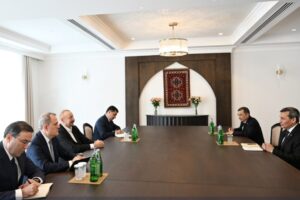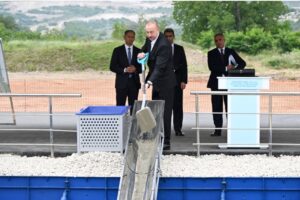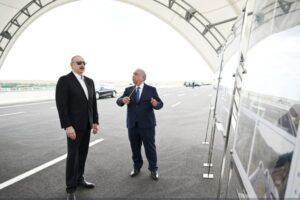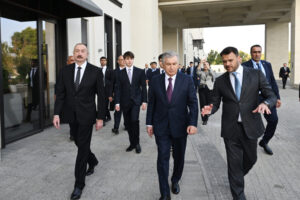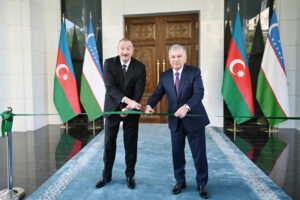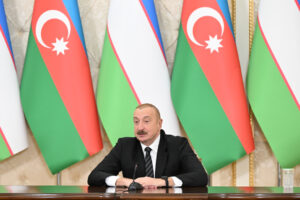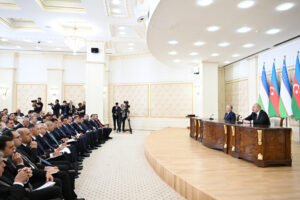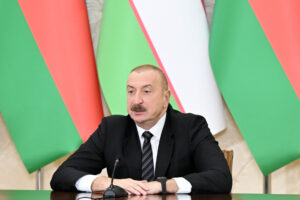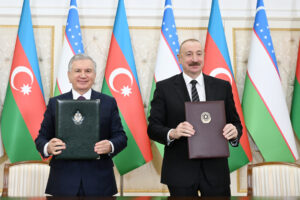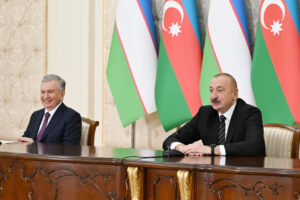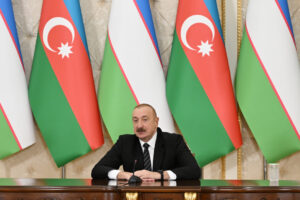Tokyo, 19 May, /AJMEDIA/
Prime Minister Fumio Kishida plans to announce during President Joe Biden’s visit to Japan that Tokyo will join a U.S.-led Indo-Pacific economic initiative in a bid to counter a more assertive China, Japanese government officials said Wednesday.
Japan’s potential participation in the Indo-Pacific Economic Framework, however, will not change Tokyo’s stance of seeking Washington’s return to a Pacific free trade pact that China, along with Taiwan, is now planning to accede to, Japan’s top government spokesman Hirokazu Matsuno said.
As a member of both frameworks, Japan will likely face difficulty in joining the U.S. push for the IPEF while at the same time persuading the longtime ally to return to the Trans-Pacific Partnership free trade pact that Washington abruptly pulled out of in 2017 under then President Donald Trump.
“We welcome the IPEF as an embodiment of active commitment by the United States to the Indo-Pacific region and thus we are positively considering our participation,” Matsuno, chief Cabinet secretary, said at a regular press conference.
Promoted by Biden, the IPEF is designed to create an economic sphere in a region increasingly challenged by China’s clout, with Australia, New Zealand, Singapore and the Philippines among prospective members.
The South Korean presidential office said Wednesday that Seoul is willing to participate and play a leading role.
Though details of the framework remain vague, the IPEF will likely focus on areas such as trade, resilient supply chains and investment in decarbonization.
But the lack of increased market access, or the lowering of tariffs, is seen as a bottleneck in encouraging more Southeast Asian nations that hope to boost exports to join the initiative.
Even within the 10-member Association of Southeast Asian Nations, some are much closer to China than to the United States or Japan.
The launch of the IPEF will be announced during Biden’s planned visit to Japan from Sunday, U.S. Commerce Secretary Gina Raimondo said Tuesday. Biden will meet with Kishida and other members of the “Quad” group that also includes Australia and India during his trip.
The prospect of China expanding its influence in the region without the United States has been a source of concern for Japan, prodding Tokyo to promote multilateral trade arrangements even when the United shied away from them during the Trump administration.
As longtime allies, Japan and the United States share concerns about China’s assertiveness in the region, and have been working jointly to achieve a “free and open” Indo-Pacific. That vision is also shared by the Quad group.
“We will continue to call for the United States to return to the TPP at summit and other levels,” Matsuno said, in reference to the 11-member regional pact, formally known as the Comprehensive and Progressive Agreement for Trans-Pacific Partnership.
“We will also promote cooperation via the IPEF and work with the United States in building a desirable economic order in the region,” he said.
The region has multiple free trade arrangements. In January, the Regional Comprehensive Economic Partnership agreement took effect, with its members including China, South Korea, Japan and ASEAN.



